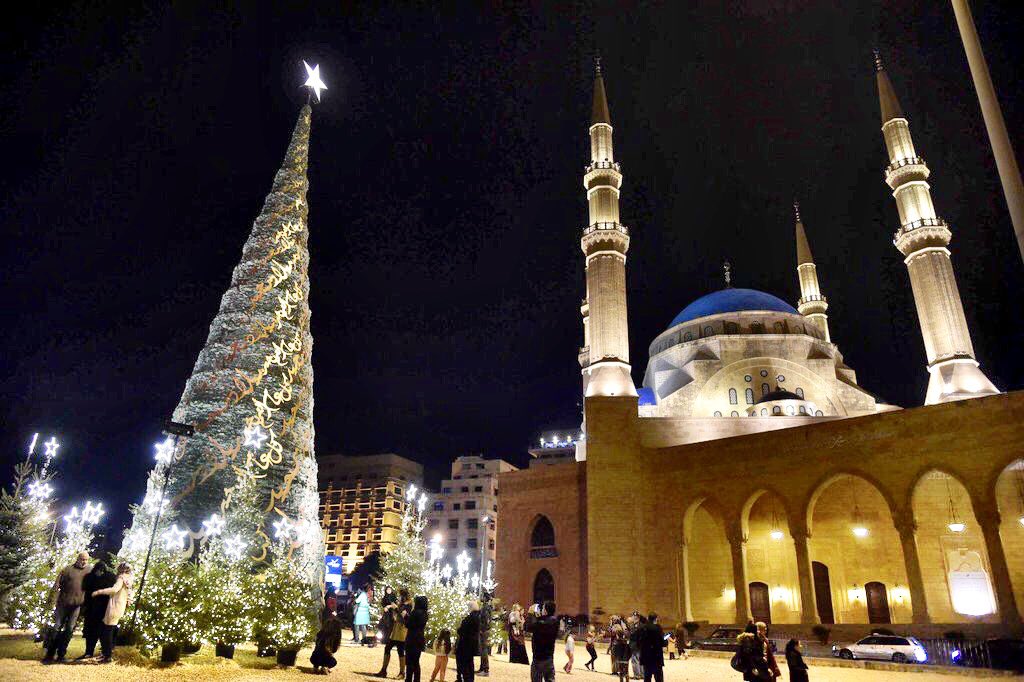
By Emmanuel Haddad – Middle East Eye
BEIRUT – Hamza
welcomes the Red Cross team in his living room. He smiles and looks at
them trying to make their way through the small room, passing his three
children to reach washed-out sofas. The Red Cross came to take DNA
samples. Hamza’s brother Abbass went missing during the Lebanese Civil
War.
Abbass never came back home from a trip he took from Beirut
to South Lebanon in 1984, while the country was at war. “He was not
really a religious person but he let himself talked into by the leader
of a local militia,” says Hamza. Hamza
lives in Ghobeiry, on the outskirts of south Beirut. His flat is
surrounded by flags of the Shia parties Amal and Hezbollah, which were
fighting against Israel and Christian parties in south Lebanon during
the civil war in the 1980s.
In this pernicious conflict, with fragile alliances, the Amal party fought also against Palestinians and Hezbollah in Ghobeiry. Today,
more than 25 years after the end of the war, militia ex-leaders became
ministers or members of parliament, protected by a law of amnesty.

By Pamela Engel
The death of the ISIS leader who oversaw external attacks could
have significant implications for the group as it pivots from
seizing territory in the Middle East to launching attacks on
Western targets.
The terrorist group announced
on Tuesday that its spokesman, Abu Muhammad al-Adnani, had
been killed near Aleppo, Syria. His apparent loss marks a major
blow to a group that’s already struggling for long-term survival.
“This really sends the message out that ISIS is truly on the
decline because he was such a figurehead,” Clint Watts, a fellow
at the Foreign Policy Research Institute and former US Army
officer and FBI Joint Terrorism Task Force special agent, told
Business Insider. “[A]dnani was such a key person for building
support, propaganda, and online recruitment. He was a key
figure.”





